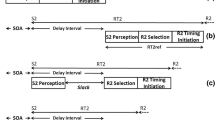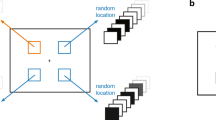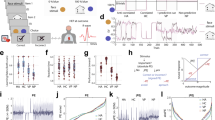Abstract.
The central control of information processing necessarily entails a selection between actions that are implicit in different processing streams. We argue that this selection for action also adjusts the autonomic support for action. When actions are transiently undefined during the transition between actions, the time between heartbeats increases (heart rate transiently slows). This is particularly clear when actions are imminent but their identity is undefined, e.g. due to a delay while prepotent actions are inhibited in order to map a required action. We review results from a number of experiments supporting this perspective. These results suggest that central inhibition of representations of action influences heartbeat timing as well as more peripheral inhibition of overt responses. Given that inhibitory processes characteristic of central response selection induce transient heartbeat slowing, then this change is an interesting converging measure of the state of central response selection in combination with performance measures.
Similar content being viewed by others
Author information
Authors and Affiliations
Additional information
Electronic Publication
Rights and permissions
About this article
Cite this article
Jennings, R.J., van der Molen, M.W. Cardiac timing and the central regulation of action. Psychological Research 66, 337–349 (2002). https://doi.org/10.1007/s00426-002-0106-5
Accepted:
Issue Date:
DOI: https://doi.org/10.1007/s00426-002-0106-5




